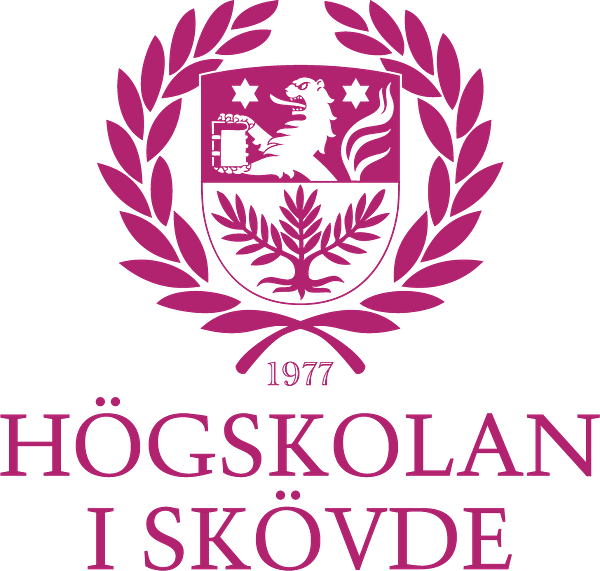
Pressmeddelande -
Ancient Heart Drug Enters Clinical Trial as Potential Treatment for Deadly Pancreatic Cancer
Researchers in Sweden are testing a 250-year-old medicine on patients with one of the world’s deadliest cancers.
A heart medicine first prescribed in the 18th century is now being tested as a potential treatment for pancreatic cancer — one of the most aggressive and deadly cancer forms. Researchers at the University of Skövde, in collaboration with Skaraborg Hospital, have launched a clinical study to evaluate the effects of digitoxin, a well-known cardiac drug originally derived from the foxglove plant (Digitalis purpurea).
“Digitoxin is a well-known and approved drug, which means that developing new cancer treatments could become both faster and less expensive,” says Heléne Lindholm, researcher in bioscience at the University of Skövde. “We’ve seen promising results in the laboratory, so now we’re taking the next step — testing it in a clinical trial.”
A New Hope Against a Lethal Cancer
Pancreatic cancer is one of the most lethal forms of cancer, with fewer than five per cent of patients surviving more than five years after diagnosis. In laboratory studies, digitoxin has been shown to disrupt cancer cell metabolism, interfere with calcium balance, and, in some cases, cause cells to stop dividing or die.
However, the response varies considerably between different pancreatic cancer cell types.
“Pancreatic cancer is extremely heterogeneous — two patients can have the same diagnosis but completely different tumours,” Lindholm explains. “That’s why it’s so hard to find one treatment that works for all. Our goal is to understand why some tumours respond better than others.”
To reflect this variation, the research team uses five different pancreatic cancer cell lines and compares their reactions to digitoxin. The aim is to identify biomarkers that can predict which patients are most likely to benefit, paving the way for more personalised treatment.
From Lab Bench to Bedside
The clinical study is being conducted together with oncologist Johan Haux at Skaraborg Hospital, who first proposed testing digitoxin against cancer.
In this initial phase, the researchers aim to determine the optimal dosage, ensure patient safety, and confirm that the biomarkers identified in the laboratory are relevant in human patients.
If successful, digitoxin could become a new treatment option for patients who currently have very limited alternatives.
Contact
Heléne Lindholm, Researcher in Bioscience at the University of Skövde
Phone: +46 500 448 655, E-mail: helene.lindholm@his.se
Peer-reviewed publications
This clinical study builds on several peer-reviewed publications from the research group.
2024
Heléne Lindholm, Matthew Herring, Maria Faresjö, Johan Haux, Ferenc Szekeres, Katarina Ejeskär
International Journal of Translational Medicine
2024. Research article. https://doi.org/10.3390/ijtm4020013
2022
Heléne Lindholm, Katarina Ejeskär, Ferenc Szekeres
International Journal of Molecular Sciences
2022. Research article. https://doi.org/10.3390/ijms23158237
Heléne Lindholm, Katarina Ejeskär, Ferenc Szekeres
Medicine International
2022. Research article. https://doi.org/10.3892/mi.2022.52
1999
Digitoxin is a potential anticancer agent for several types of cancer
Johan Haux
Medical Hypotheses
1999. Research article. https://doi.org/10.1054/mehy.1999.0985
Kategorier
Regioner
Vi är en högskola med en öppen och välkomnande atmosfär, förstklassiga utbildningar och internationellt konkurrenskraftig forskning. En plats där vi gör framsteg, varje dag.


